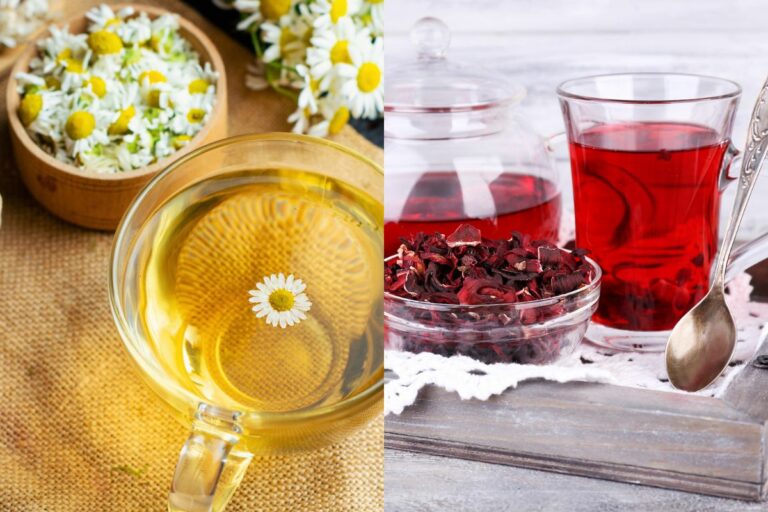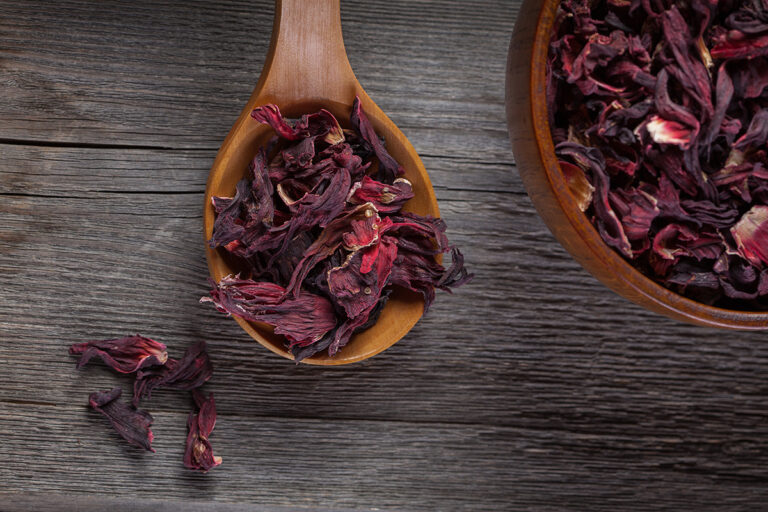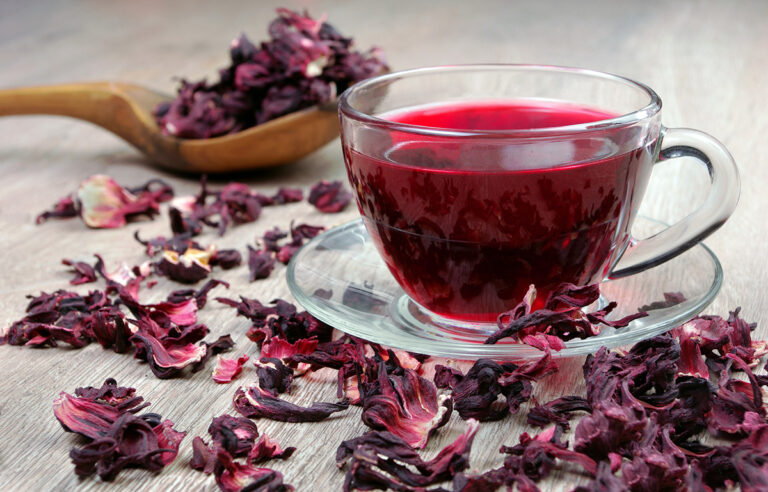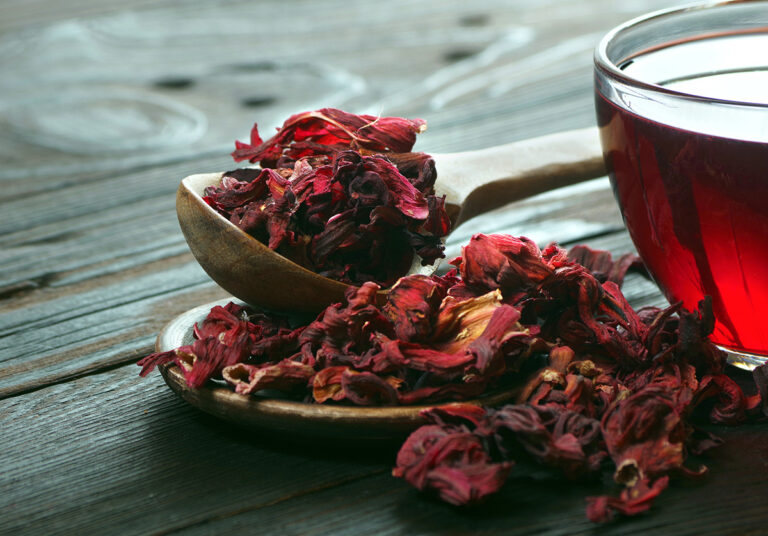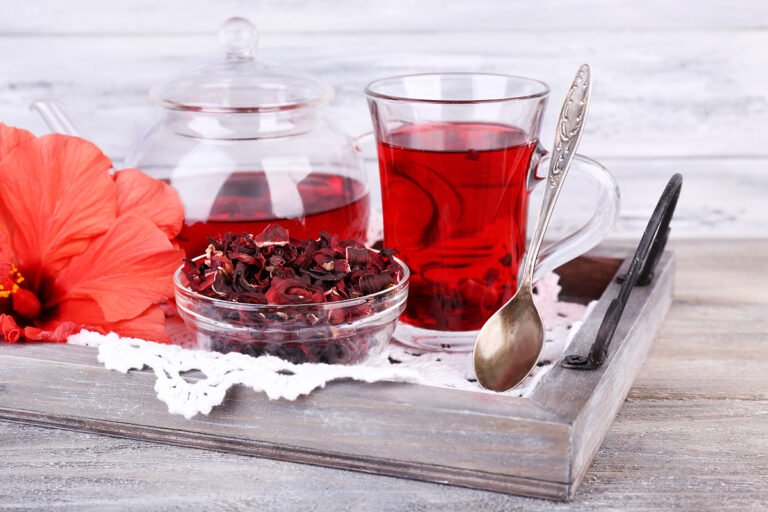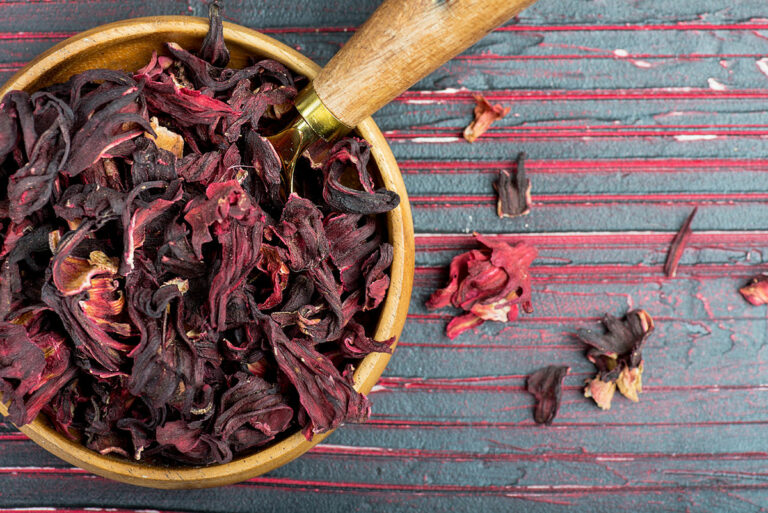The Best Time to Drink Hibiscus Tea
Hibiscus tea, derived from the dried calyces of the hibiscus flower, is a refreshing and delicious beverage that has been enjoyed for centuries. Its vibrant red color and unique, tangy flavor make it a popular choice for tea lovers. In addition to being a delightful drink, hibiscus tea boasts a range of health benefits.
In this article, we will explore the best time to drink hibiscus tea in order to maximize its benefits.
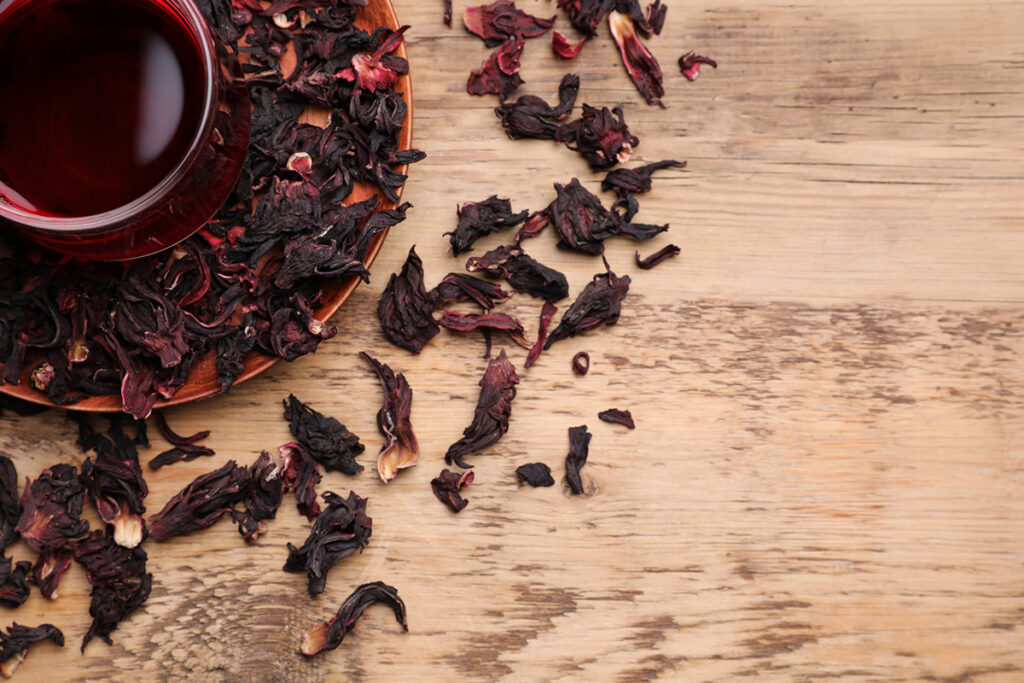
Health Benefits of Hibiscus Tea
Before delving into the optimal timing for hibiscus tea consumption, let’s briefly review its health benefits. Some of the key advantages include:
Antioxidant Properties
Hibiscus tea is rich in antioxidants, particularly flavonoids and anthocyanins, which help protect the body from oxidative stress. This, in turn, can prevent cellular damage and reduce the risk of chronic diseases.
Blood Pressure Regulation
Regular consumption of hibiscus tea has been linked to lower blood pressure levels, making it an excellent choice for those with hypertension.
Weight Management
Hibiscus tea has diuretic properties, promoting the elimination of excess fluids and helping to reduce water weight. Additionally, it may aid in the regulation of appetite, making it a helpful tool for weight management.
Liver Health
The antioxidants in hibiscus tea may help protect the liver from damage and maintain its proper functioning.
Menstrual Relief
For women experiencing menstrual cramps and discomfort, hibiscus tea may provide relief due to its anti-inflammatory and antispasmodic properties.
Determining the Best Time to Drink Hibiscus Tea
Now that we’ve covered the health benefits, let’s discuss the best times to consume hibiscus tea to take full advantage of its properties.
Morning
Drinking hibiscus tea in the morning can help start your day with a boost of energy. The natural sugars and antioxidants present in the tea can provide a mild energy lift, making it a great alternative to caffeinated beverages like coffee or black tea. Additionally, its diuretic properties can help flush out any excess fluids, leaving you feeling refreshed and revitalized.
If you’re drinking hibiscus tea for weight management and are worried that it will break your fast – don’t worry. Hibiscus tea doesn’t break a fast as it doesn’t contain any calories.
Midday
Enjoying a cup of hibiscus tea during a midday break can help alleviate stress and refresh your senses. The soothing aroma and tangy taste can provide a much-needed break from the pressures of the day. Furthermore, as a caffeine-free alternative, hibiscus tea can help rehydrate your body without the jitters or energy crashes associated with caffeinated beverages.
Evening
Drinking hibiscus tea in the evening can help you unwind after a long day. Its calming properties can aid in reducing anxiety and promoting relaxation, making it a perfect pre-bedtime ritual. Moreover, the tea’s ability to regulate blood pressure can contribute to a more restful night’s sleep.
Before meals
Drinking hibiscus tea before meals may help regulate appetite, which can be beneficial for weight management. By consuming the tea 20-30 minutes before eating, you may feel fuller and be less likely to overeat during mealtime.
Menstrual Relief
For women seeking relief from menstrual discomfort, hibiscus tea can be consumed at any time of the day. The tea’s anti-inflammatory and antispasmodic properties can help alleviate cramps and bloating, providing comfort and easing pain.
Can You Drink Hibiscus Tea Every Day?
Yes, you can drink hibiscus tea every day as part of a healthy diet. It is generally considered safe for daily consumption in moderate amounts for most people.
How Much Hibiscus Tea Can You Drink Per Day?
There is no specific recommended dosage, as individual tolerance and preferences can vary. Most studies on hibiscus tea and its health benefits have used daily dosages of 1-2 cups (240-480 ml) of brewed tea.
To enjoy the benefits of hibiscus tea while minimizing potential risks, it may be a good idea to start with one cup per day and monitor how your body reacts. If you experience no adverse effects, you can gradually increase your consumption to 2-3 cups per day.
When to Avoid Hibiscus Tea
Although hibiscus tea offers a wealth of benefits, there are certain situations where it may be best to avoid its consumption:
Pregnancy and Breastfeeding
Due to its potential effects on hormone levels, it is recommended that pregnant and breastfeeding women avoid consuming hibiscus tea.
Medication Interactions
Hibiscus tea may interact with certain medications, such as blood pressure medications, diuretics, and antidiabetic drugs. If you are taking any of these medications, it is important to consult with your healthcare provider before consuming hibiscus tea.
Allergies
While allergies to hibiscus tea are rare, some individuals may have a sensitivity to the plant. If you experience any allergic reactions, such as itching, swelling, or difficulty breathing, discontinue use and consult a medical professional.
Best Hibiscus Teas to Try
If you’re looking for some good options for your next batch, these are the best hibiscus tea brands for your next batch.
Conclusion
In conclusion, the best time to drink hibiscus tea depends on your individual needs and preferences. Morning, midday, or evening, this versatile beverage can provide a range of health benefits and enhance your overall well-being. As always, consult with your healthcare provider before adding any new beverage to your routine, especially if you have any pre-existing conditions or are taking medications. Enjoy the delightful flavors and benefits of hibiscus tea and incorporate it into your daily routine for a healthier, happier life.

